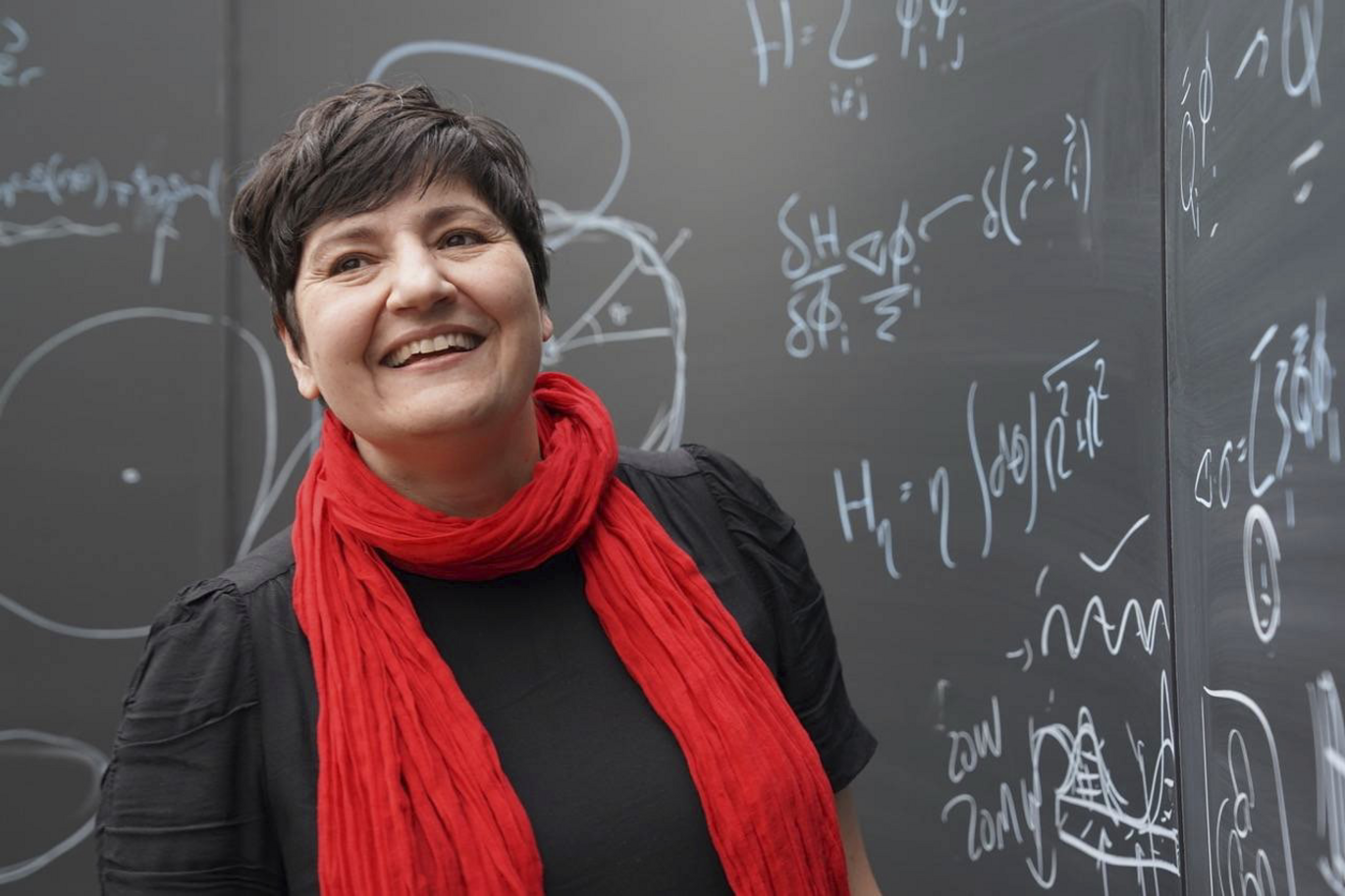The Humanities-Science Conversation Lecture
Reality, Technology and Power: the deep relationship of modern Japan with Physics and physicists. By Professor Sonia Contera, Department of Physics, University of Oxford.

Info about event
Time
Location
1441-112 and online participation
Online Participation Registration Link: https://aarhusuniversity.zoom.us/meeting/register/u5UqcOygrjwiGd2u1Hqzd9U4RUmoNfrPtHaa. After registering, you will receive a confirmation email containing information about joining the meeting.
The complex social dynamics of the world have been modulated by the knowledge and the technologies created by physics, from electricity, relativity and quantum mechanics to nuclear physics and computing. But, perhaps Japan, more than any other country, has shaped its modern identity, sense of pride and even destiny by its ability to do both theoretical and applied physics. Japan wanted to be at the forefront of physics, not only for the economic and military power it unleashes, but also as a tool to reconnect with Japan’s pre-Meiji era world’s vision of nature and how humans (and Japanese) relate to it. Somehow physics became an interface between the two identities Japan was trying to fuse into a complex “cultural cyborg”.
As a result, modern physics was also transformed by Japan. Japanese (mostly male) physicists succeeded to intertwine Japan’s cultural history and identity with physics, focusing on problems of “complexity” and “intelligence”, doing physics that was conscious of the interconnectedness nature. The future looks uncertain, Taiwan and South Korea have overtaken Japan in many key areas, however, Japanese physicists are once again striving to tap into their deep cultural reservoir, as they attempt to fuel Japanese intellectual leadership in crucial future technologies, such as quantum computing and bioinspired technologies. This story has also been interpreted by Japanese artists and writers since the XIX century. My talk will intertwine physics and literature/the arts to try to identify some of the reasons why I think Japan is key to understand the recent past and the near future and to find clues that allow us to find the path of survival in our planetary crisis.
The speaker BIO
Sonia Contera is an experimental physicist working at the interface of physics, biology and nanotechnology. She is Professor of Biological Physics and Associate Head of the Physics Department (ED&I) at the University of Oxford. She studied in Madrid, Moscow, Prague and Beijing before obtaining her PhD from the Department of Applied Physics of the School of Engineering of Osaka University. She did a postdoc in Aarhus’ iNano centre before moving to Oxford in 2003. She is the author of Nano comes to life: How nanotechnology is transforming medicine and the future of biology (2019). She has a strong interest in understanding how physics connects modern, pre-modern and ancient worlds and in Japan’s history of physics. She collaborates with biomedical scientists, plant scientists, neuroscientists, engineers, artists, and architects and writes regularly for the Spanish newspaper El País.
About The Humanities-Science Conversation Lectur
The Humanities-Science Conversation Lecture is part of the research network Unearthing Multispecies Intellectual History: Earthing Trajectories of Area Studies (2023-2026), led by Eiko Honda, Assistant Professor in Japanese Studies, Department of Global Studies, Aarhus University and funded by the Aarhus University Research Foundation. The lecture is delivered by interdisciplinary scholars who brings together the Humanities and Science in their innovative research to provoke novel epistemological enquiries required in the time of the climate crisis.
This is a public event prior to the two-day workshop Unearthing Multispecies Intellectual History (16-17 November) funded by the Rachel Carson Center for Environment and Society and the Aarhus University Research Foundation, organized by Honda at the Aarhus University.
Hosted by the Department of Global Studies, School of Culture and Society, Aarhus University; In Partnership with the Aarhus Institute of Advanced Studies, Aarhus University
